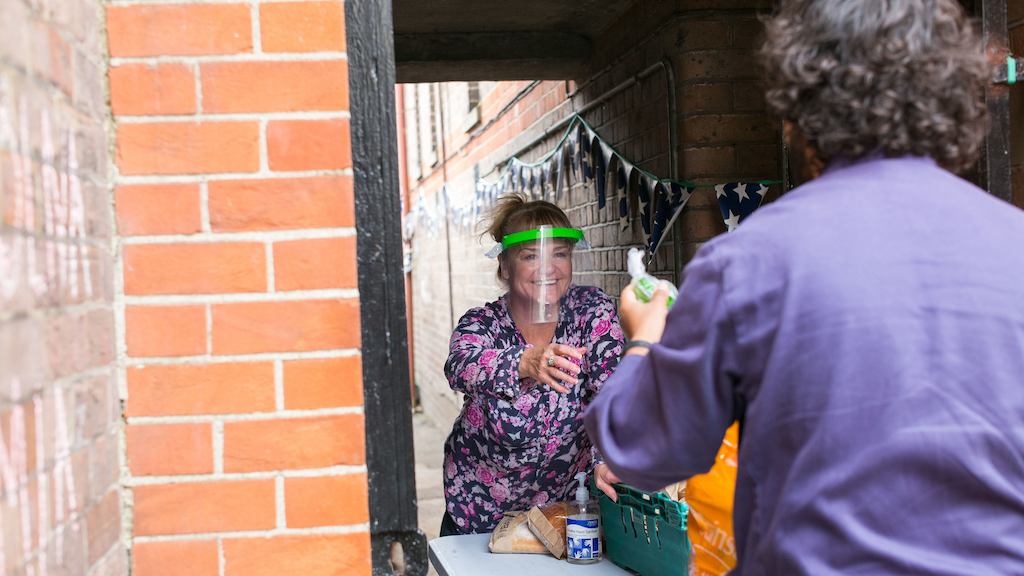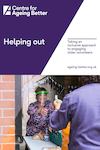The Centre for Ageing Better has launched a new guide to help voluntary organisations support and engage over 50s volunteers, including those who typically face barriers to getting involved in their communities. Ageing Better says an age-friendly and inclusive approach to volunteering and supporting contributions from a more diverse range of people will be vital for community organisations to sustain their activities in the future.
The coronavirus pandemic has highlighted the important role of the VCS and volunteers in supporting communities, particularly those who’ve needed extra help during this time or who have had to remain at home. But many people who regularly engage in volunteering were prevented from helping out in the usual ways by lockdown restrictions or shielding guidance. Many organisations have responded by finding new and different ways for people to volunteer including on the phone or via digital channels from home.

